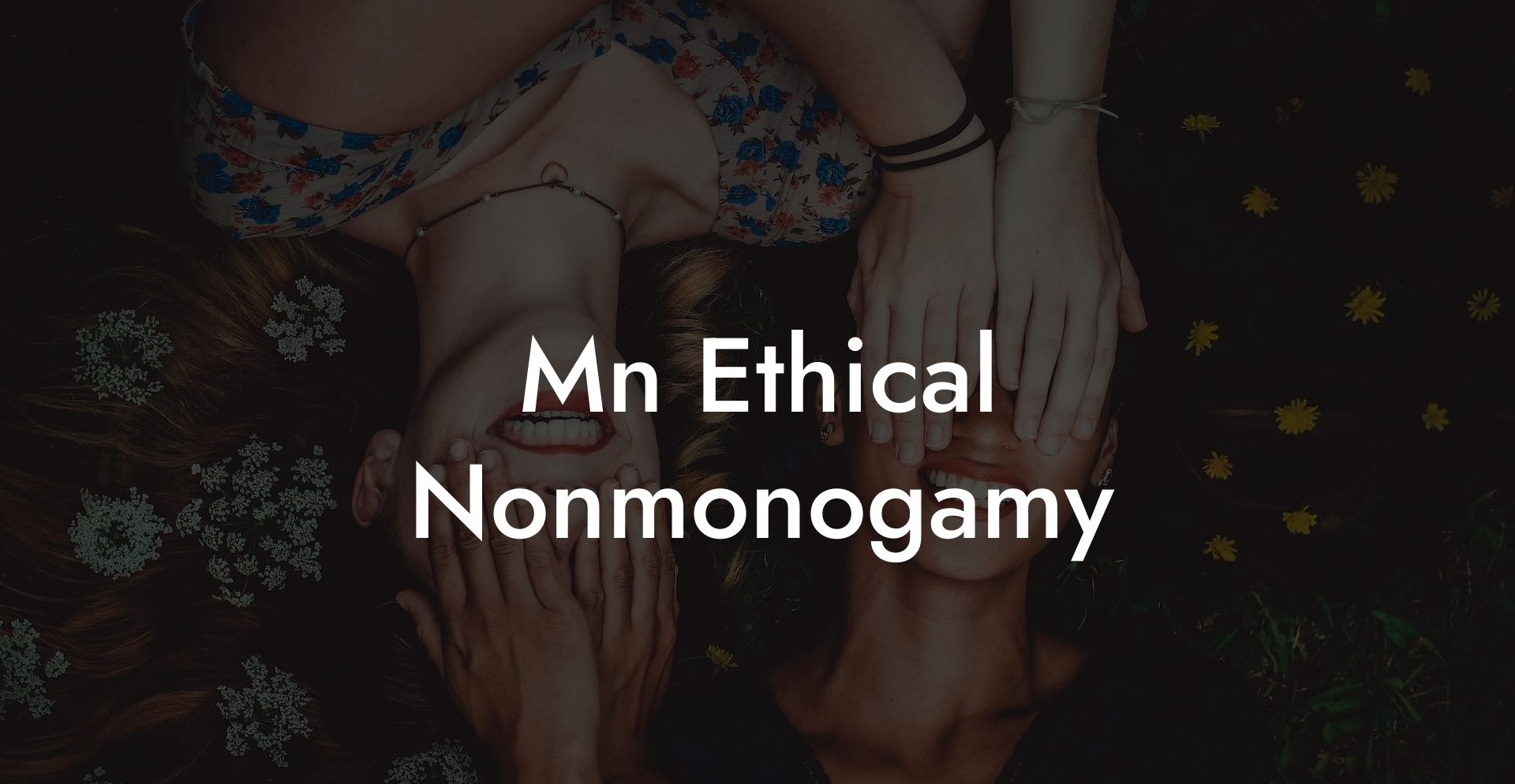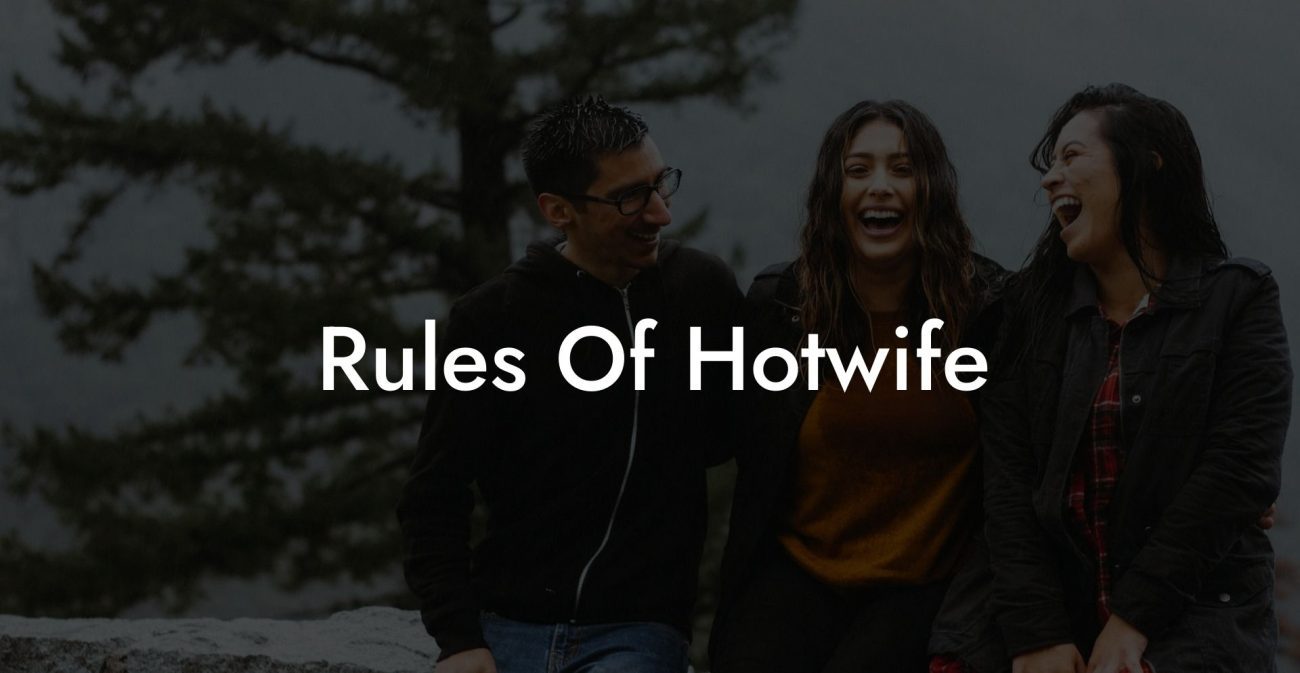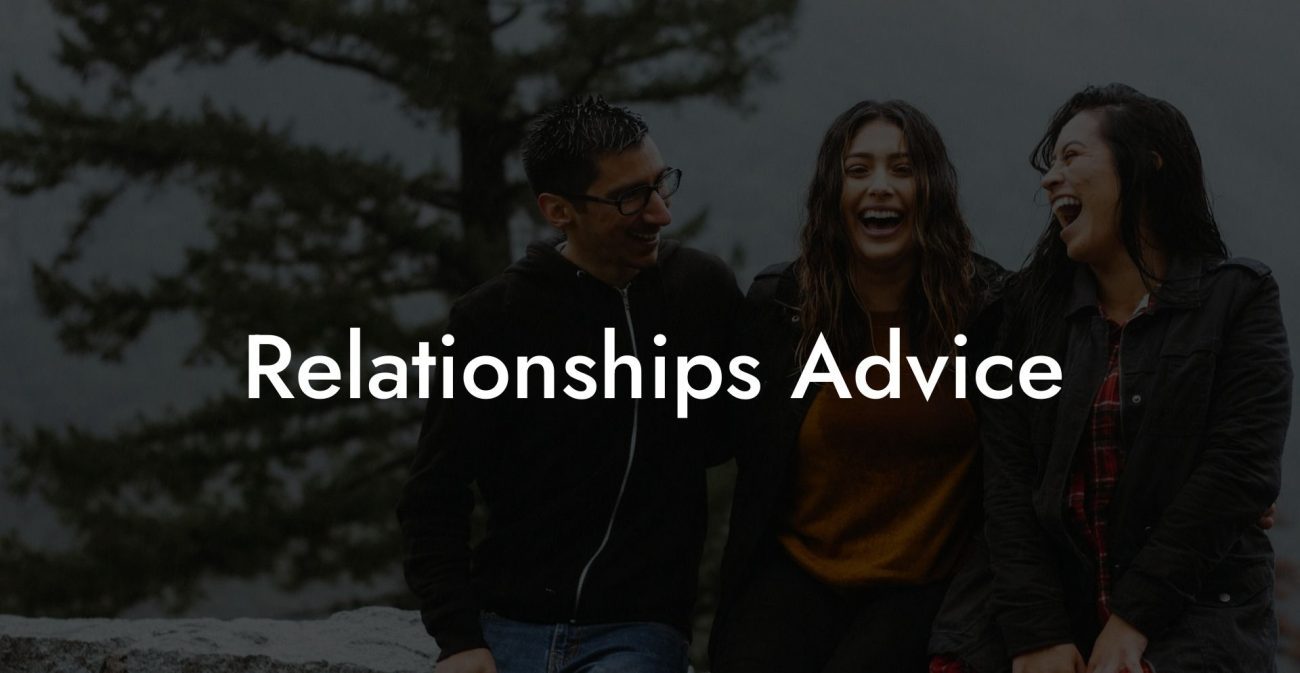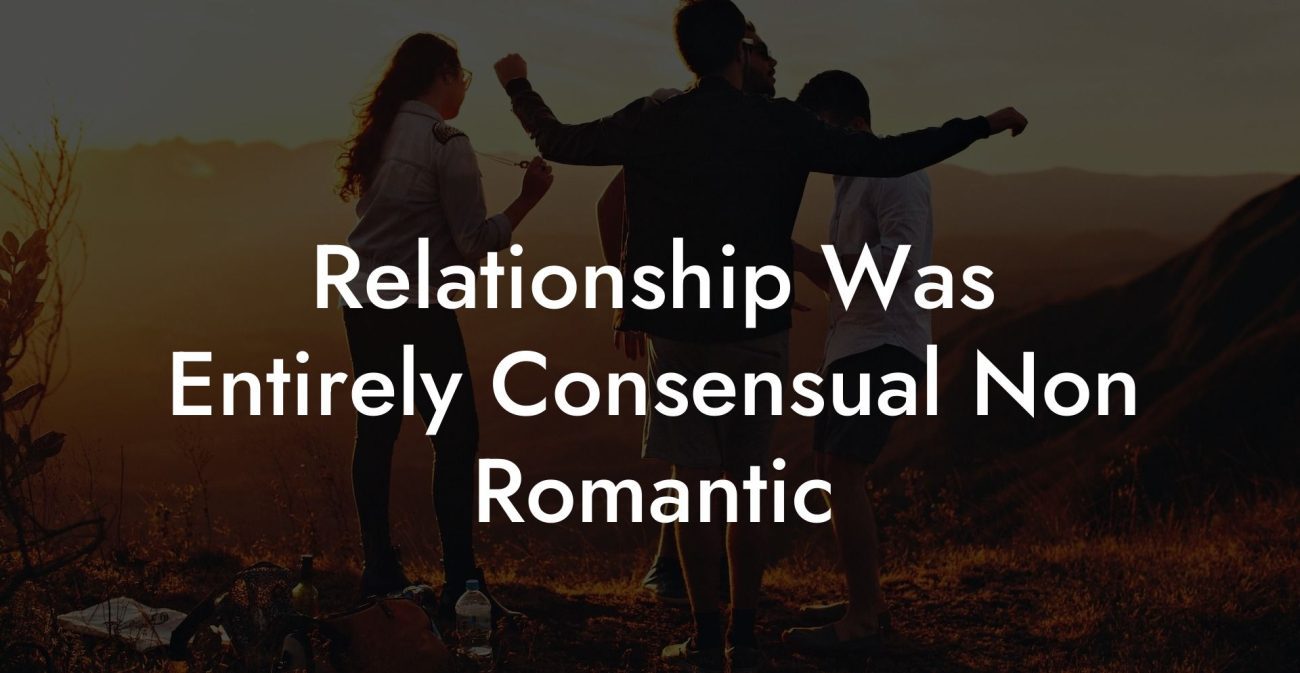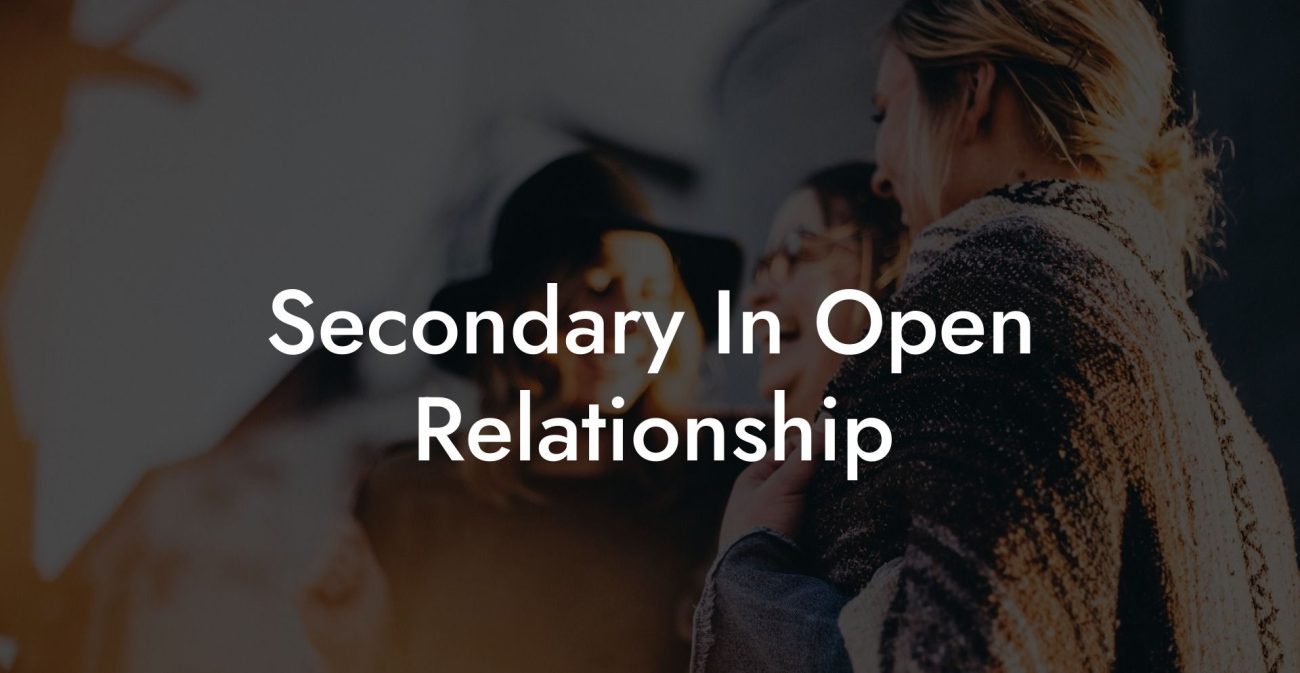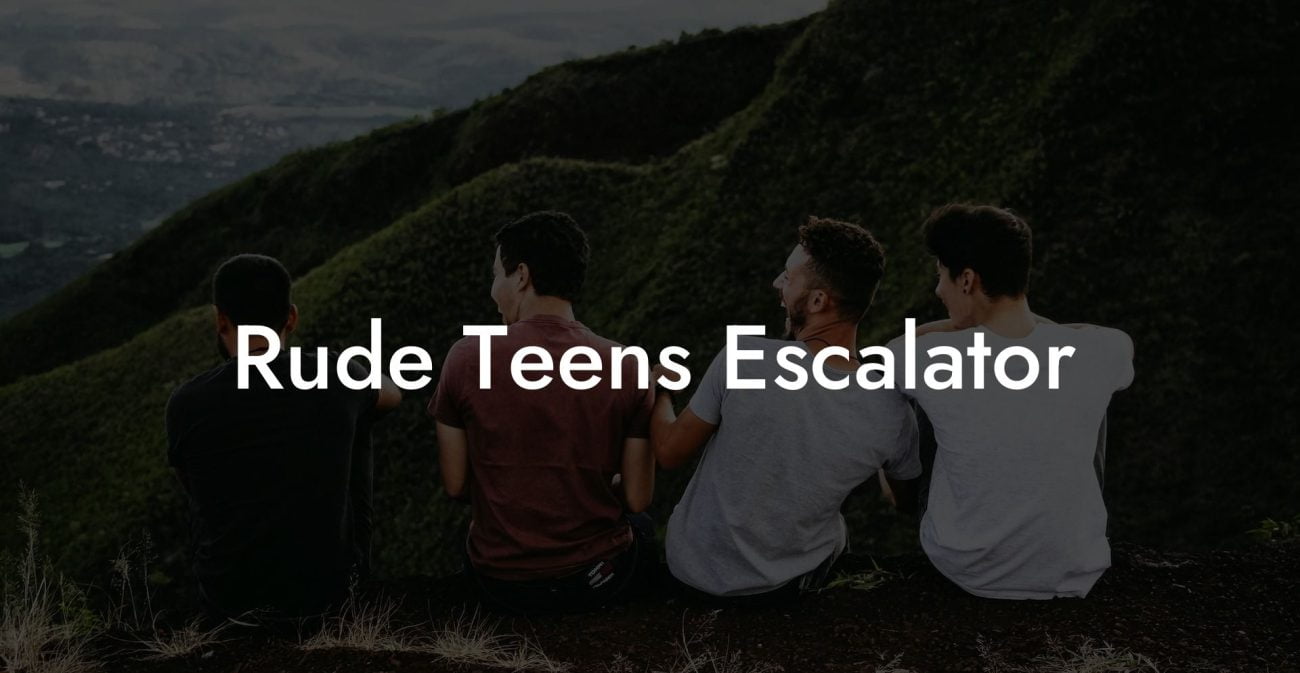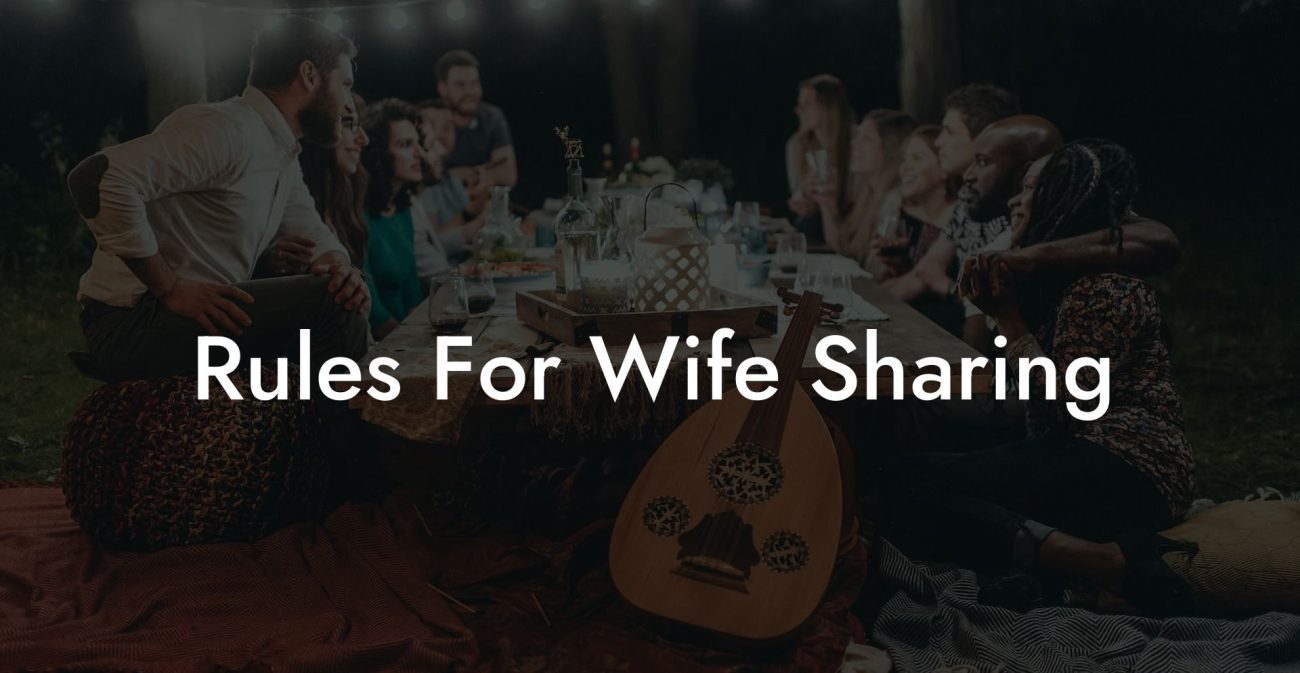In today's increasingly diverse and open-minded society, more and more individuals and couples are exploring the possibilities outside traditional monogamous relationships. One such option that has garnered attention is ethical non-monogamy. But what exactly does this entail, and how can you successfully navigate this way of life? In this comprehensive guide, we'll uncover the principles of ethical non-monogamy, its different forms, and the challenges and rewards that may arise along the way.
Mn Ethical Nonmonogamy Table of Contents
What is Ethical Non-Monogamy?
Ethical non-monogamy is an umbrella term referring to any consensual arrangement where individuals engage in relationships, flings, or encounters with more than one person. The key distinction from infidelity is that ethical non-monogamy involves open communication, honesty, and consent from all parties involved.
Types of Ethical Non-Monogamy
Ethical non-monogamy encompasses a wide range of relationship dynamics. Here are some of the most common:
Open Relationships
Open relationships allow partners to date, have flings, or form relationships with other people while still maintaining their primary relationship. The details of such arrangements are often negotiated, and boundaries are agreed upon by all parties involved.
Polyamory
Polyamory involves individuals maintaining multiple deep, romantic relationships simultaneously, with the knowledge and consent of all involved. While polyamorous relationships share similarities with open relationships, they differ by emphasizing the importance of emotional connections and ongoing commitment to multiple partners.
Swinging
Swinging is a form of non-monogamous activity where couples take part in sexual encounters with other couples or individuals. This often occurs in private parties, clubs or online communities, and is generally focused on sexual pleasure rather than emotional connections.
Monogamish
The term "monogamish" was coined by sex-positive activist and author Dan Savage. It's described as a mostly monogamous relationship that allows for occasional outside flings, threesomes, or encounters as long as all parties agree.
Navigating Ethical Non-Monogamy
Successfully exploring the world of ethical non-monogamy depends on open communication, trust, and ongoing negotiation. Here are some tips for beginners:
- Establish Clear Boundaries: Define your expectations and be open about your desires. What kind of relationships are you open to? What are your limits? Establishing ground rules will help you avoid misunderstandings and maintain open lines of communication
- Be Open to Change: As with any relationship, your boundaries and feelings may change over time. Regularly check in with your partners to communicate any shifts in your desires and needs
- Practice Safe Sex: Engaging in multiple sexual relationships increases your risk of exposure to sexually transmitted infections. Ensure you use protection and get tested regularly
- Develop Emotional Intelligence: Ethical non-monogamy requires emotional maturity, empathy, and open communication. Honesty with your partners and, most importantly, with yourself is paramount for success
Mn Ethical Nonmonogamy Example:
Meet John and Lisa, who have been married for ten years but have recently decided to explore ethical non-monogamy. After an open and honest conversation about their desires and boundaries, they agreed on a monogamish arrangement, allowing for occasional outside encounters with the mutual consent of both partners.
John and Lisa attended a sex-positive retreat where they met another couple who shared their interests. After discussing boundaries and desires, they engaged in a group play experience that left them both feeling invigorated in their primary relationship. This experience opened the door to further experimentation, always openly communicated and negotiated within their defined boundaries and comfort zones.
Learning about ethical non-monogamy may have sparked your curiosity or perhaps solidified the idea that you're ready to explore alternative relationship arrangements. Whichever the case, remember that open communication and trust are the foundations of any strong relationship - monogamous or not. We encourage you to share this post with those who might find it helpful, and feel free to browse The Monogamy Experiment for more informative guides on ethical non-monogamy, monogamy, and polyamory. The world of love and relationships is vast and ever-evolving – dare to explore.

